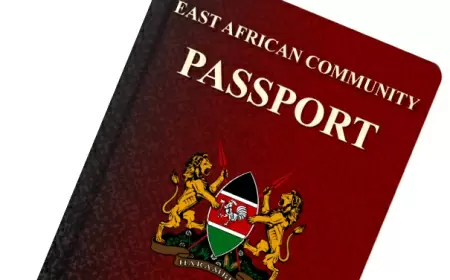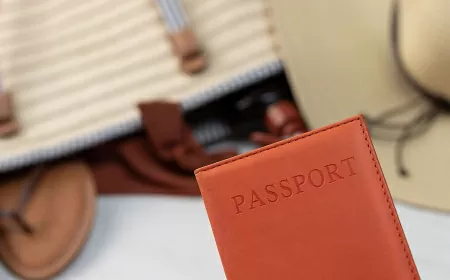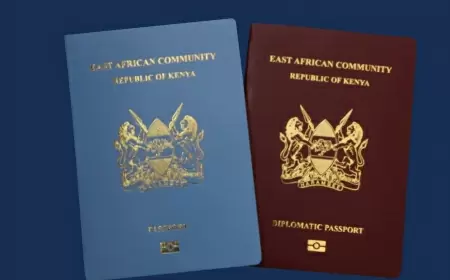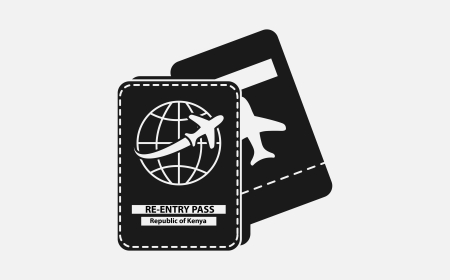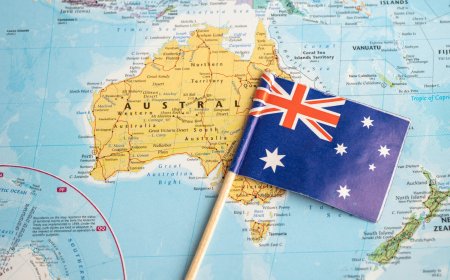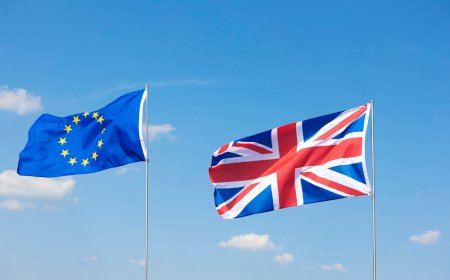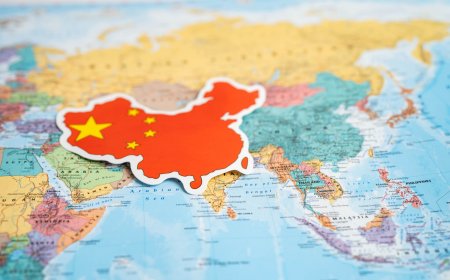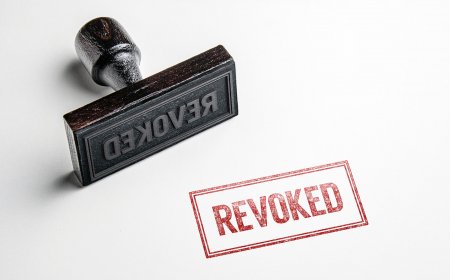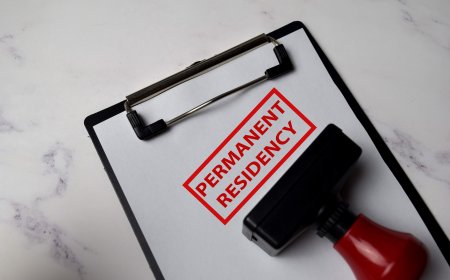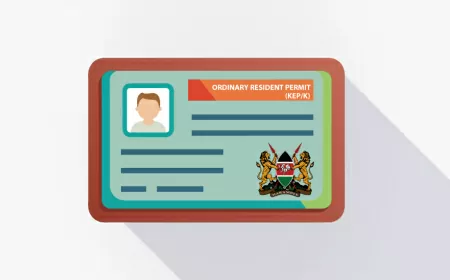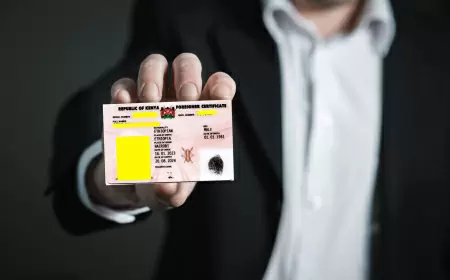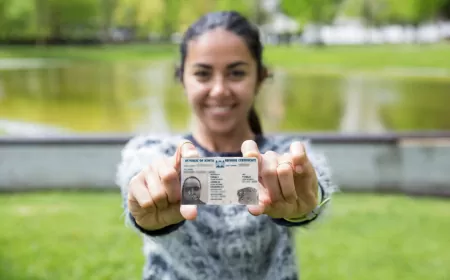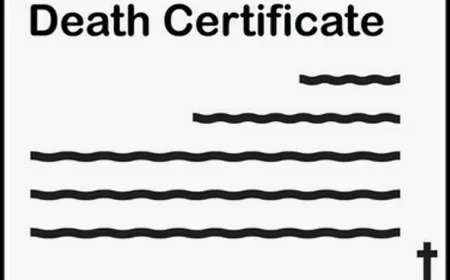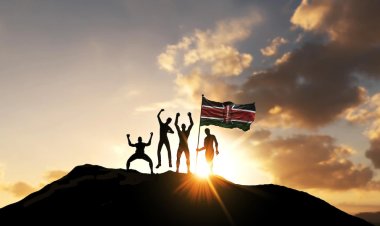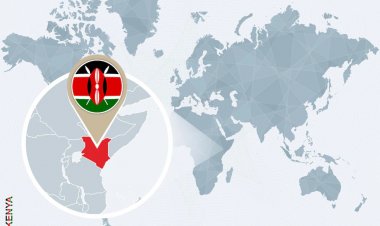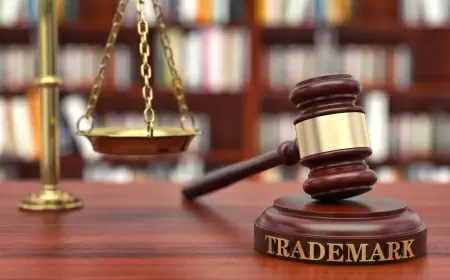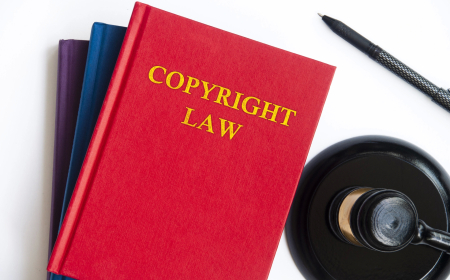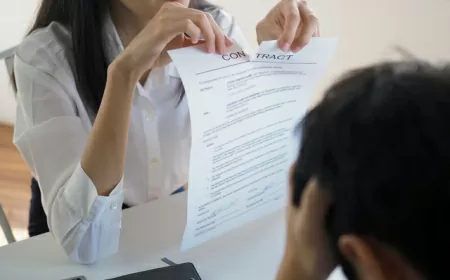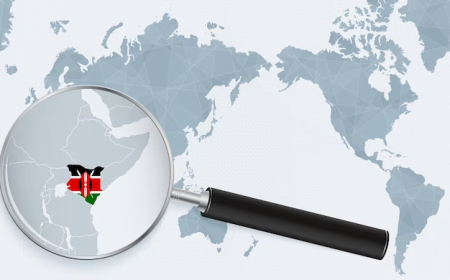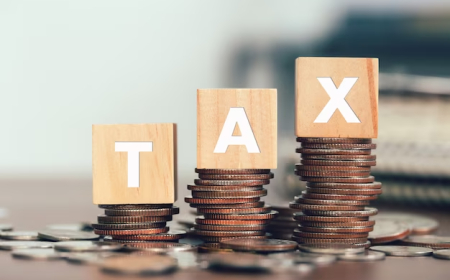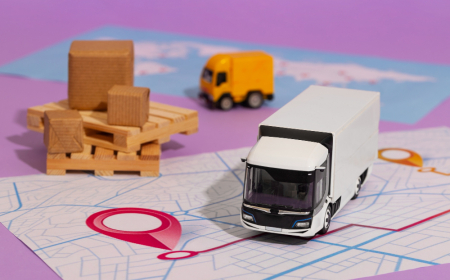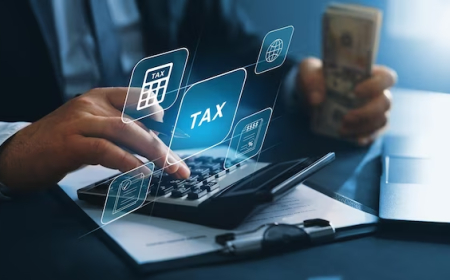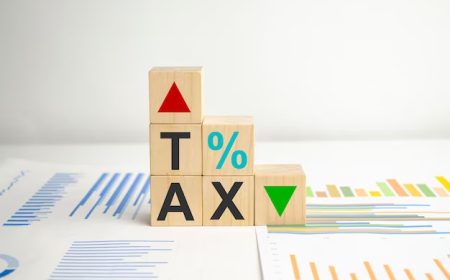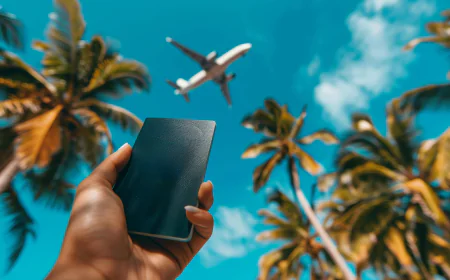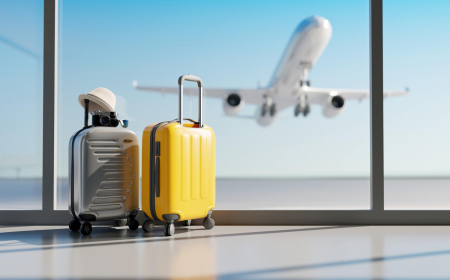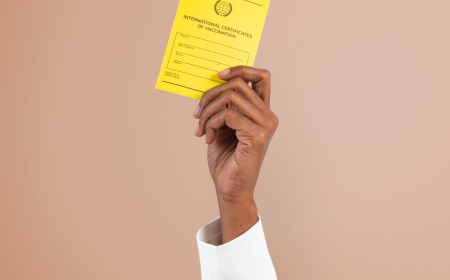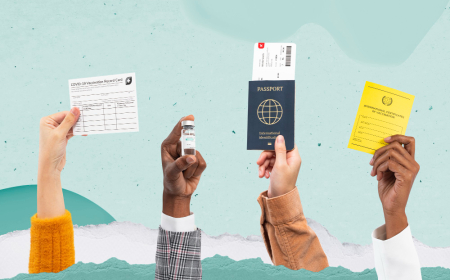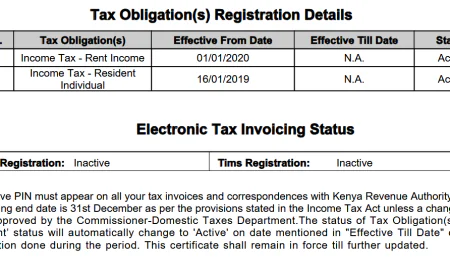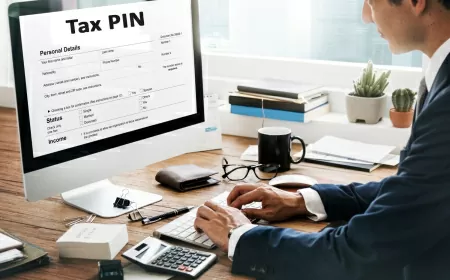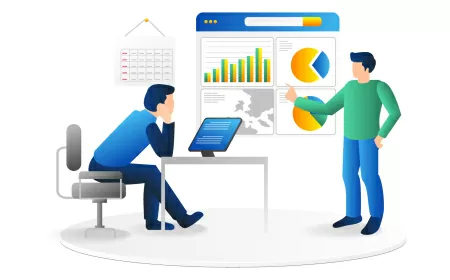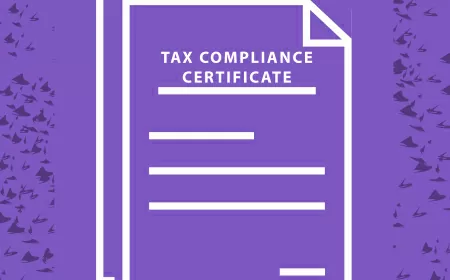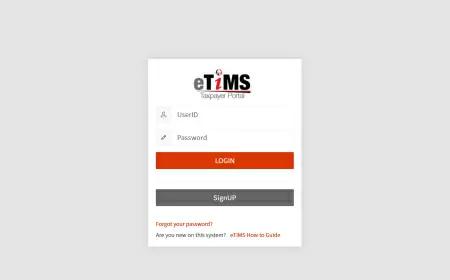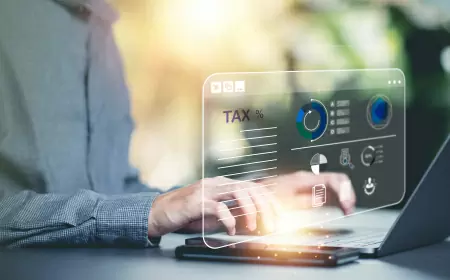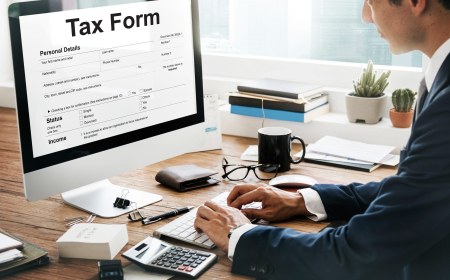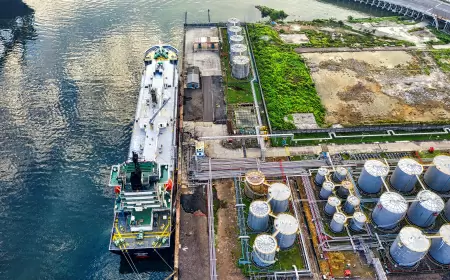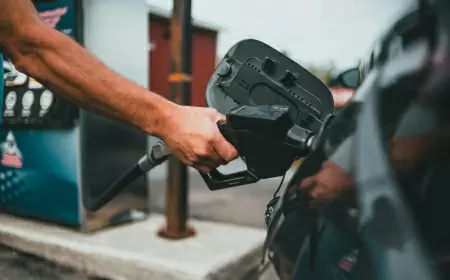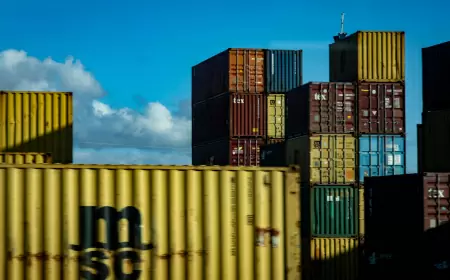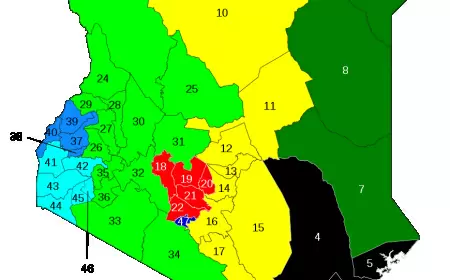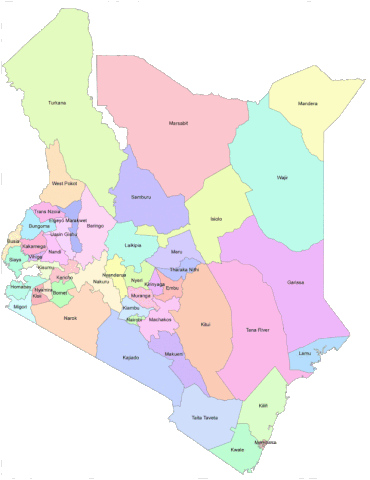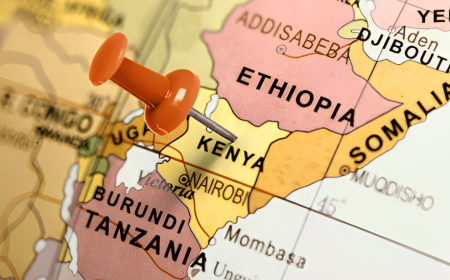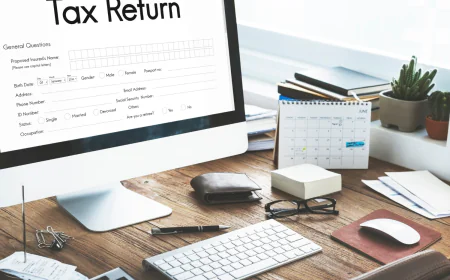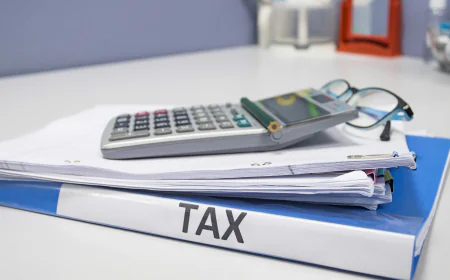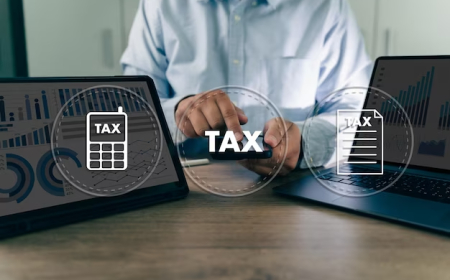Excise Duty
Excise duty is an important aspect of taxation in Kenya, and understanding its intricacies is crucial for individuals and businesses alike. In this comprehensive guide, we will delve into the concept of excise duty, its purpose, and how it is applied in Kenya. We will explore the various goods and services that are subject to excise duty, as well as the rates and exemptions that exist. By the end of this guide, you will have a clear understanding of excise duty in Kenya and its implications for both consumers and businesses.
1. Introduction to Excise Duty Tax in Kenya
Excise duty is a type of tax that is imposed on either excisable goods manufactured in Kenya by a licensed manufacturer, excisable services supplied in Kenya by a licensed person and excisable goods imported into Kenya.
Excise duty is charged at the point of sale, which means that the seller pays the excise duty to the government.
The general categories of goods that are subject to excise duty in Kenya include.
- Tobacco products.
- Mineral Water
- Alcoholic beverages.
- Non-alcoholic beverages.
- Fuels.
- Telecommunication services.
- Spirits.
2. Application for a Licence
A person should not undertake any activities listed below unless the person is licensed or registered by the Kenya Revenue Authority (KRA) to undertake the activity.
Activities requiring an Excise Duty Licence
- Manufacture of excisable goods in Kenya , Mineral water, Juices, soft drinks, Cosmetics and Preparations for use on hair and other beer made from malt etc
- Importation into Kenya of excisable goods specified by the Cabinet Secretary under section 28 as requiring an excise stamp.
- Supply of excisable services such as Mobile cellular phone services, Fees charged for money transfer among others.
- The use of spirit or illuminating kerosene to manufacture goods in Kenya that are not excisable goods.
3. Exempted Excisable Goods and Services in Kenya
- Excisable goods that are bona fide stores for a ship or aircraft, being goods for use or by passengers or crew of the ship or aircraft while on board and while the ship is in international traffic, and in such quantities as approved by the Commissioner.
- Excisable goods imported into Kenya or purchased in Kenya by a diplomatic or consular mission.
- Excisable goods imported into Kenya or purchased in Kenya by a foreign government, international organisation, or aid agency to the extent provided for under an international agreement or the Privileges and Immunities Act, 1970.
- One motor vehicle for use by persons with in every four years and upon payment of taxes on the previous vehicle.
- Excisable Goods imported or Purchased locally by the Kenya Red Cross or St John Ambulance for official use in the provision of relief services in Kenya.
- Excisable goods imported by a person changing residence or a returning resident subject to limitations provided for under the fifth schedule to the East African Community Management Act.
- Excisable goods imported by, and in the possession of a passenger subject to limitations provided for under the fifth schedule to the East African Community Management Act.
- One motor vehicle previously owned and used by a deceased person outside Kenya subject to the conditions as the Commissioner may specify.
- Excisable goods imported or purchased locally for direct and exclusive use in the implementation of an Official Aid-Funded Project.
- Excisable goods imported or purchased locally for direct use in the manufacture of sanitary towels.
- All goods including materials supplies, equipment, machinery and motor vehicles for the official use by the Kenya Defence Forces and the National Police Service.
- Alcoholic or non-alcoholic beverages supplied to the Kenya Defence Forces Canteen Organization.
- Illuminating kerosene supplies to licenced or registered manufacturers of paint, resin or shoe polish.
4. Rates of Excise Duty in Kenya
5. Submission of Excise Duty Returns
A licensed manufacturer or a supplier of excisable services is required to submit an excise duty return for each calendar month not later than the 20th day of the succeeding month, whether or not any excise duty is payable for that month.
6. Payment of Excise Duty in Kenya
- The excise duty payable by a licensed manufacturer in respect of excisable goods removed from a manufacturer's factory during a calendar month is to be paid not later than the 20th day of the succeeding month.
- The excise duty payable by a supplier of excisable services in respect of supplies of excisable services made by the supplier during a calendar month is to be paid not later than the 20th day of the succeeding month.
- The excise duty payable by an importer in respect of the importation of excisable goods into Kenya is to be paid to the Kenya Revenue Authority (KRA) at the time of importation for the purpose of assessing, collecting, accounting and enforcing the payment of excise duty on the importation of goods into Kenya.
7. Penalties and Fines for Non-Compliance of Excise Duty Taxes
A person who undertakes an excise duty activity without being licensed is liable to a penalty equal to double the excise duty that would have been payable if the person was licensed or Ksh. 5,000,000 whichever is higher or double the amount of excise duty payable or Ksh. 5,000,000, whichever is higher in respect of the importation of excisable goods requiring an excise stamp.
8. Obligations of a Licensed Manufacturer in Relation to Excisable Goods
For the purposes of ensuring proper accounting of excisable goods, a licensed manufacturer should:-
- Keep and maintain at the factory, metering and measuring devices, and equipments as may be necessary in order to enable the Kenya Revenue Authority (KRA) to take an account of, or check by weight, gauge or measure, all excisable goods or materials in the factory.
- Store excisable goods in the factory in such manner as to facilitate the taking of a full account of the goods.
- Keep a materials account in the approved form and enter therein the particulars of all raw materials and intermediate goods received at the factory for use in manufacturing, and balance the account at the end of each month.
- Keep a finished goods account in the approved form and enter therein particulars of all excisable goods manufactured therein and delivered there from and should balance the account at the end of each month.
- Ensure that excise duty is paid on any excisable goods consumed at the factory.
- Comply with such other requirements as may be specified in the Regulations.
9. What Services are Subject to Excise Taxation in Kenya?
- Telephone and internet data services charged at a rate of 20% of their excisable value.
- Money transfer services by banks, money transfer agencies and other financial service providers at a rate of 20% of the excisable value.
- Money transfer services by cellular phone service providers, at a rate of 12% of the excisable value.
- Financial institutions at a rate of 20% of their excisable value.
10. What Goods are Subject to Excise Taxation in Kenya?
Was this information helpful ?
 Like
0
Like
0
 Dislike
0
Dislike
0
 Love
0
Love
0
 Funny
0
Funny
0
 Angry
0
Angry
0
 Sad
0
Sad
0
 Wow
0
Wow
0





